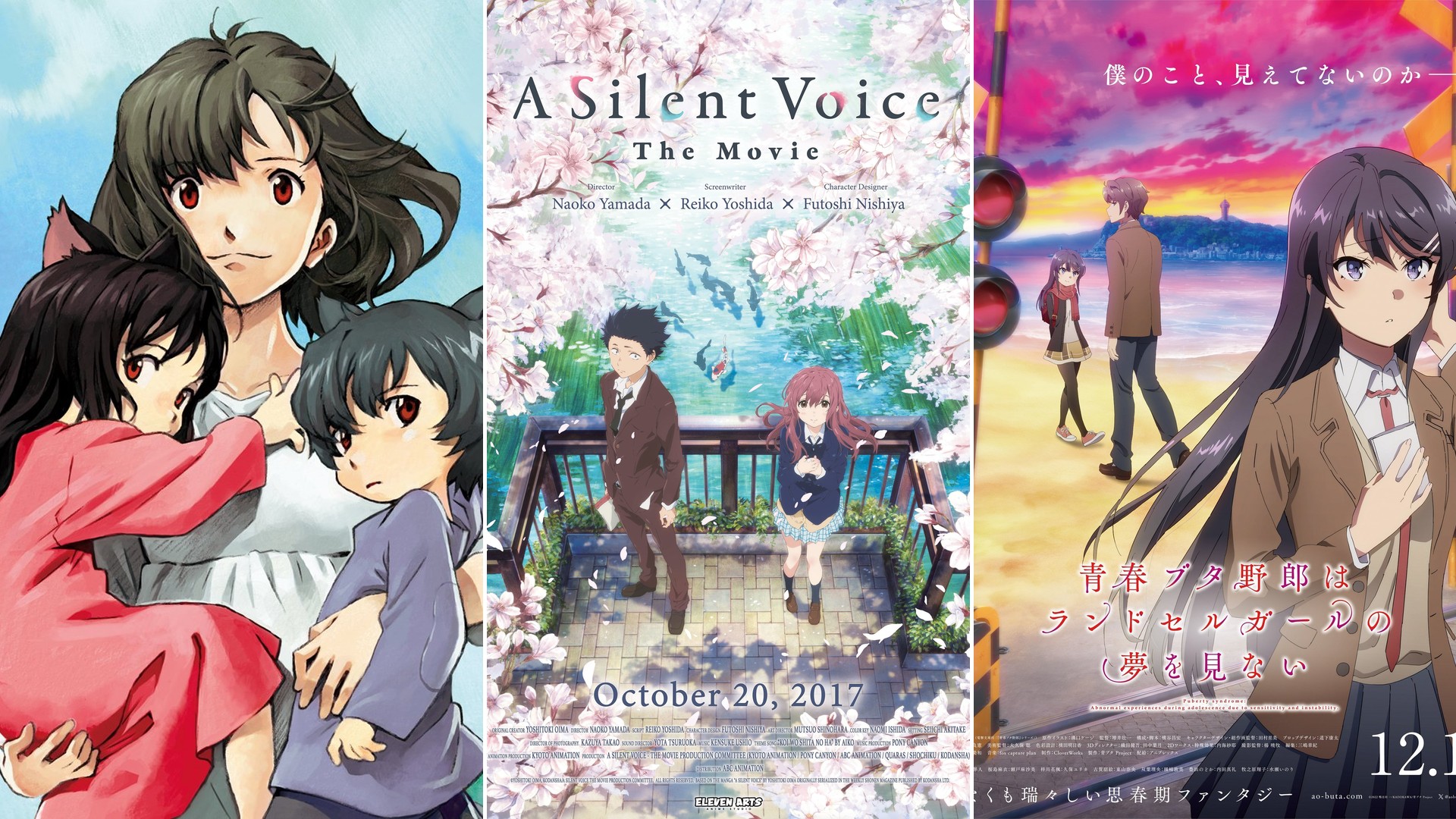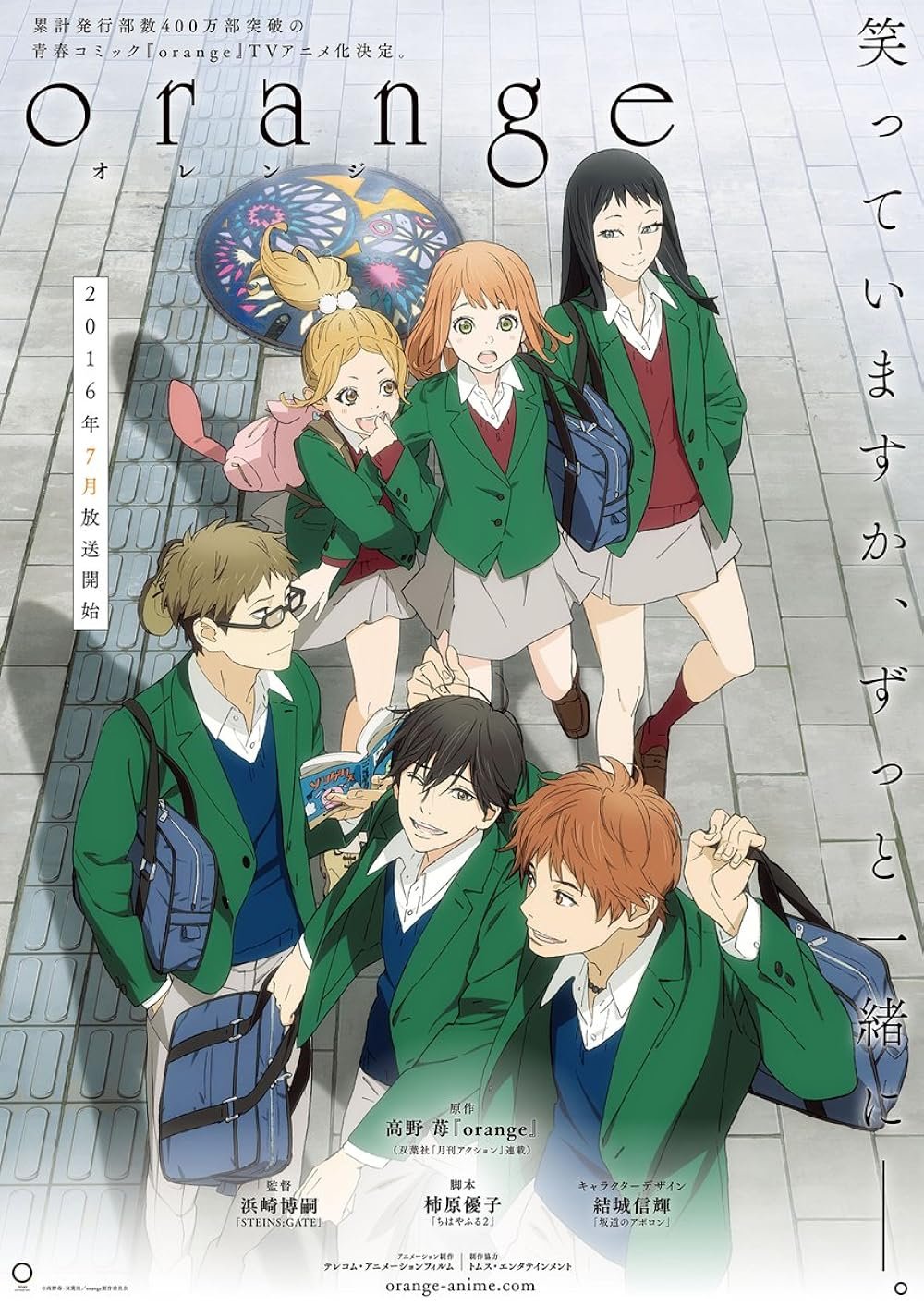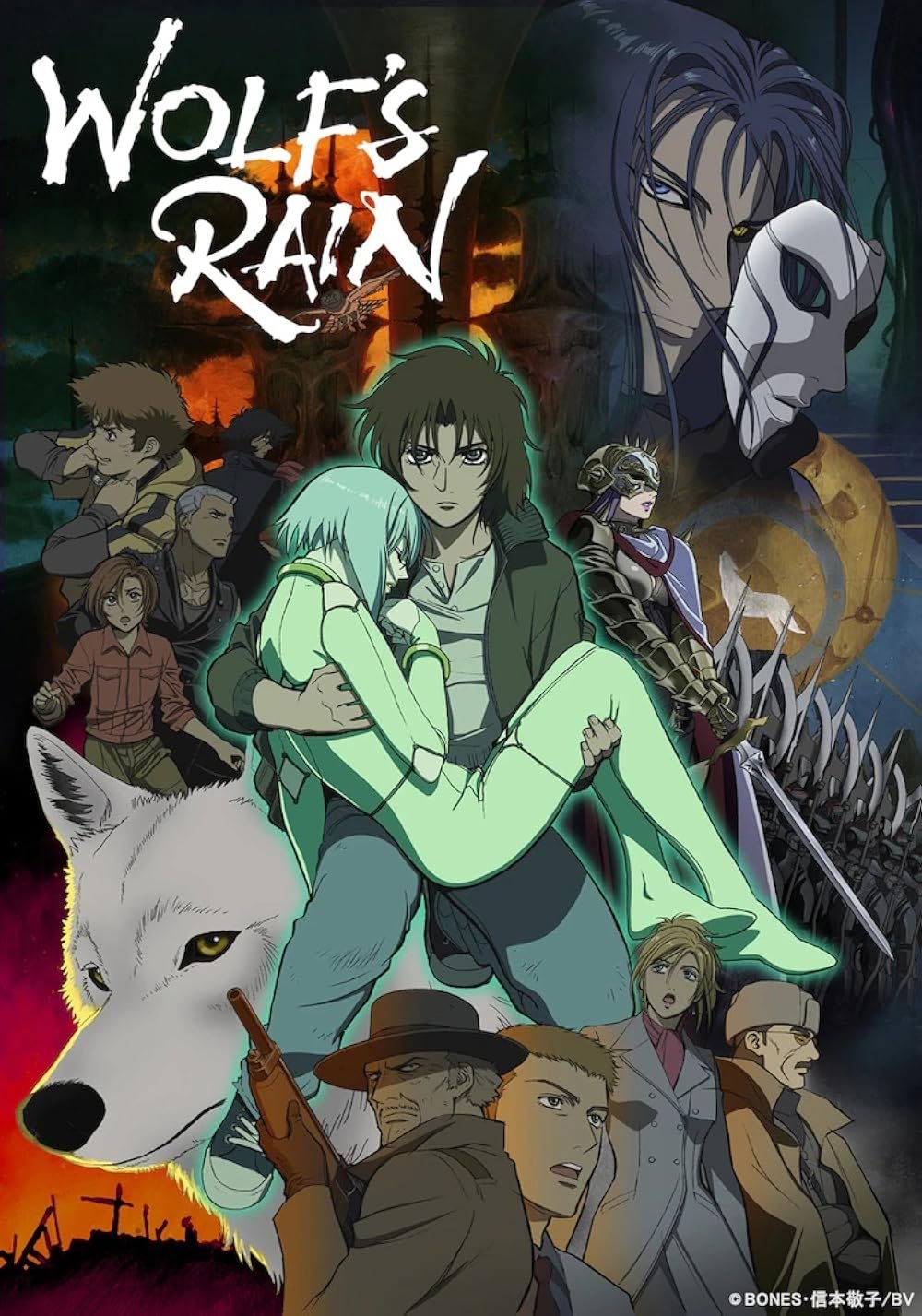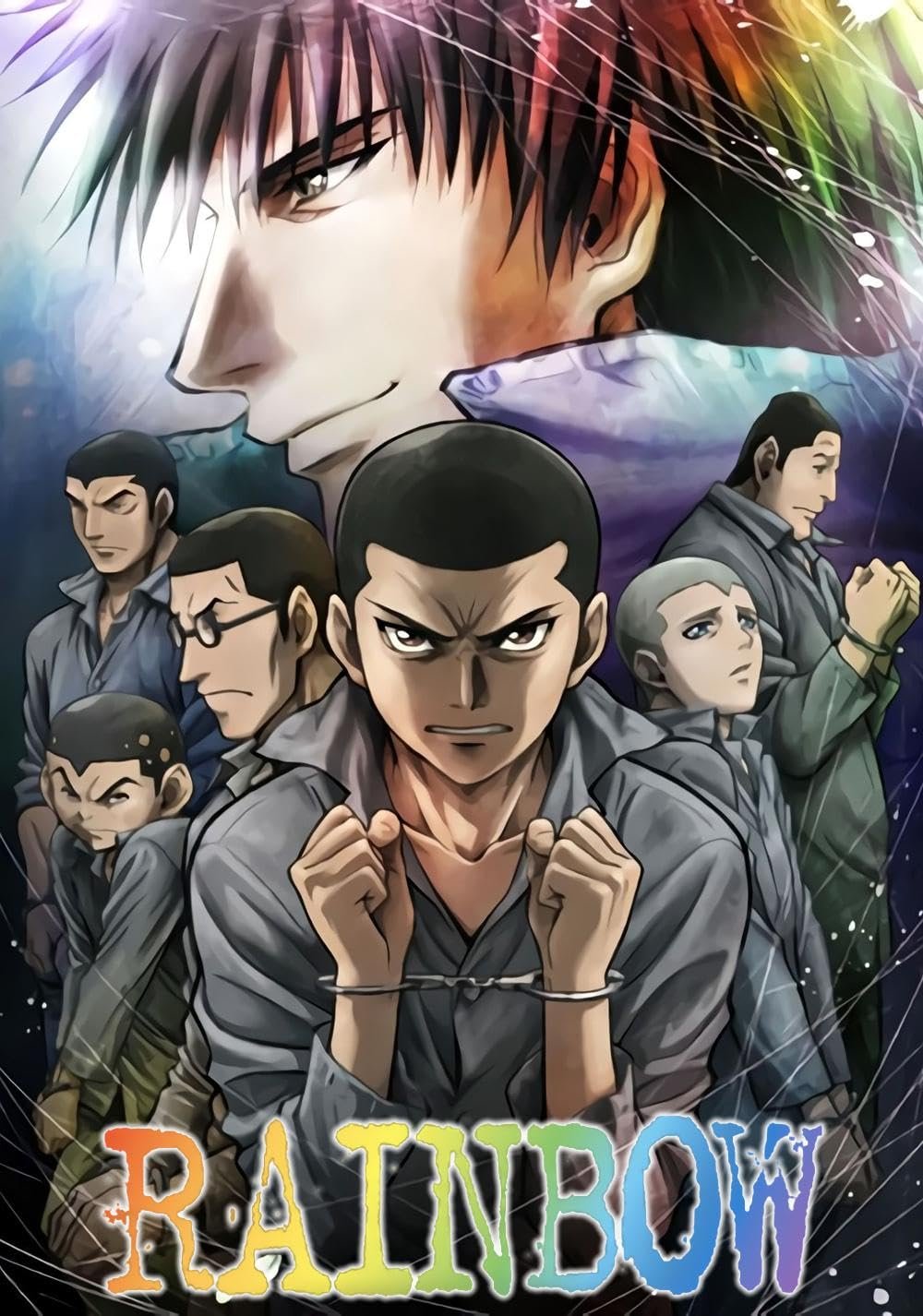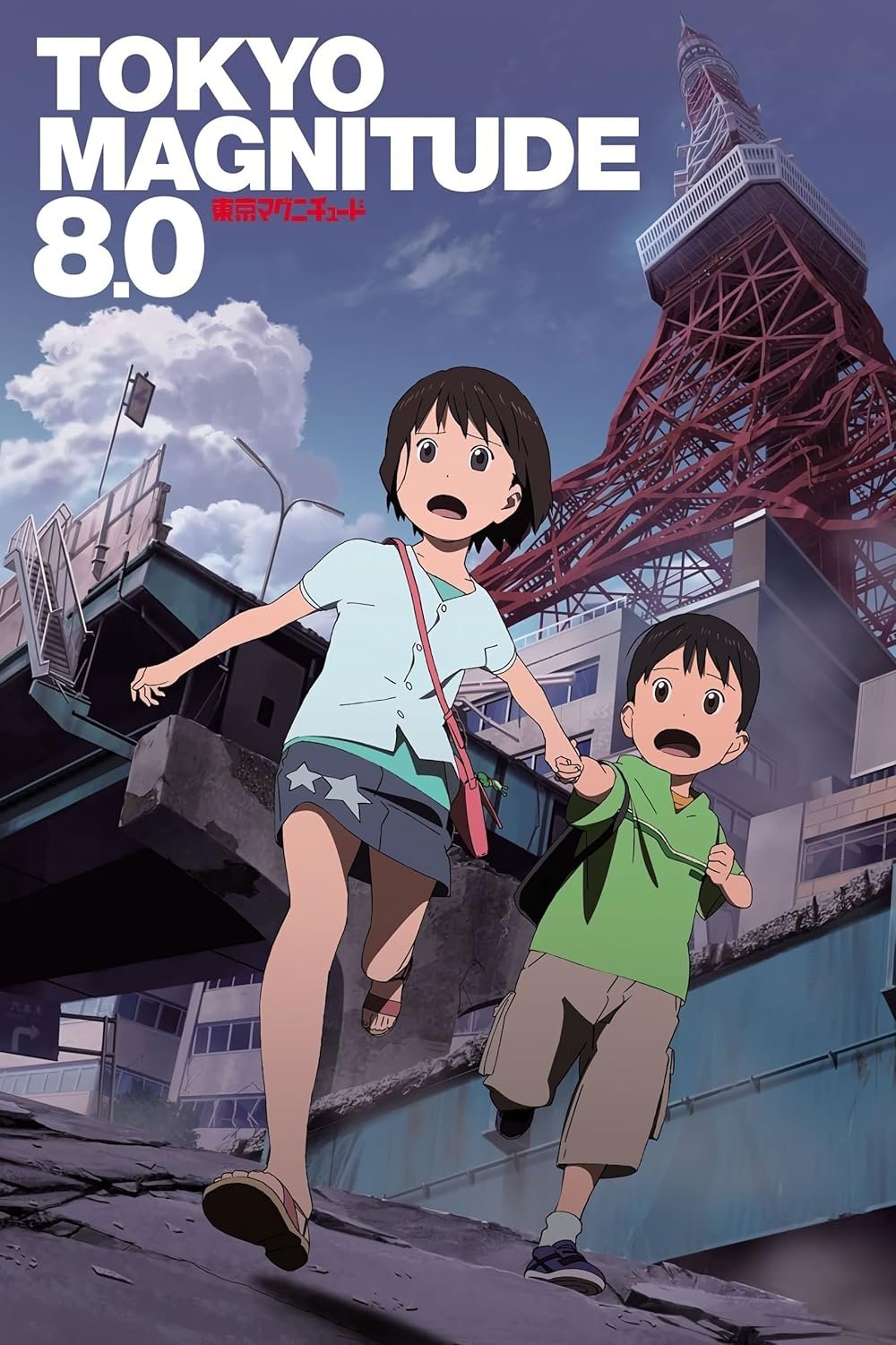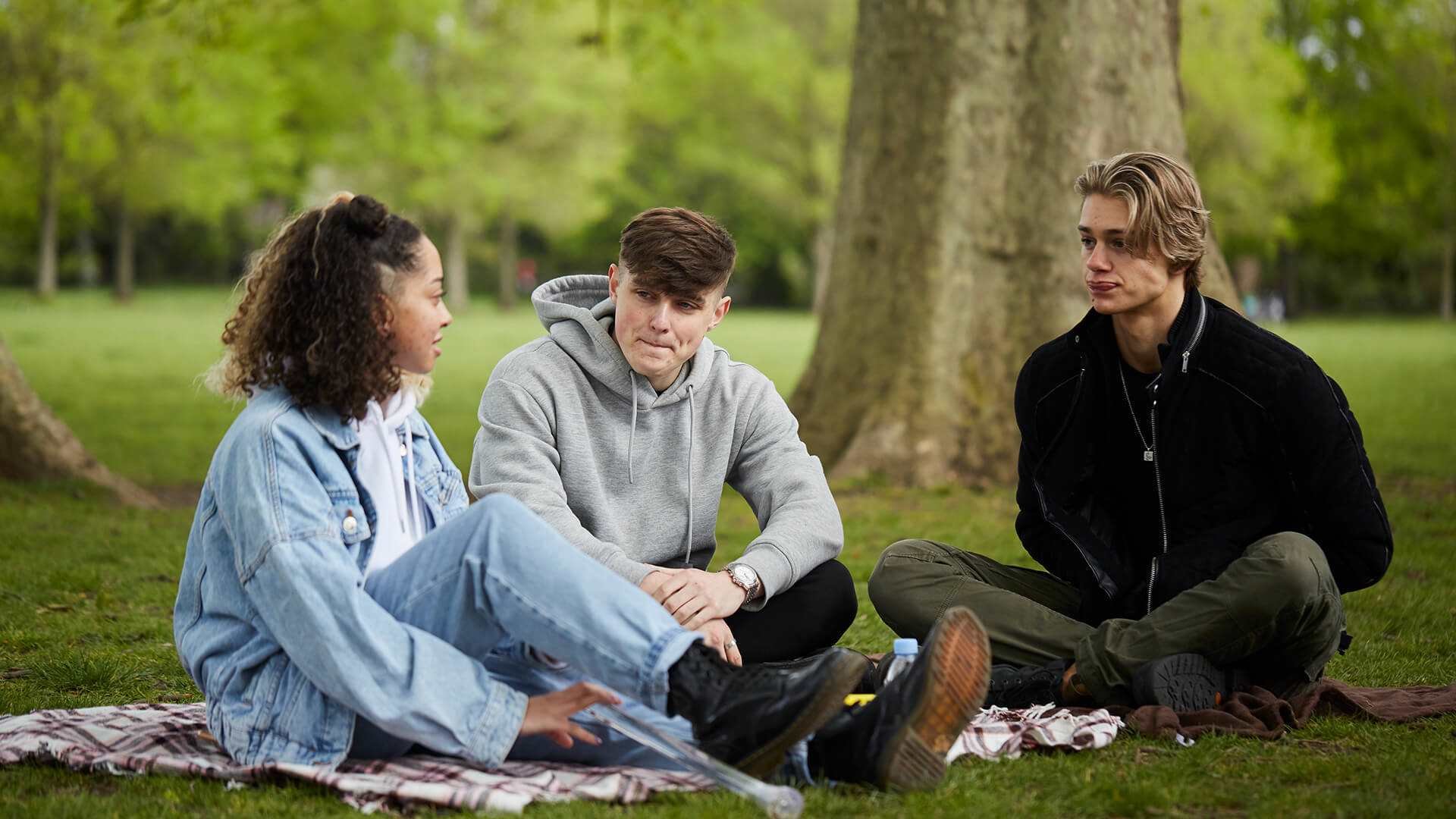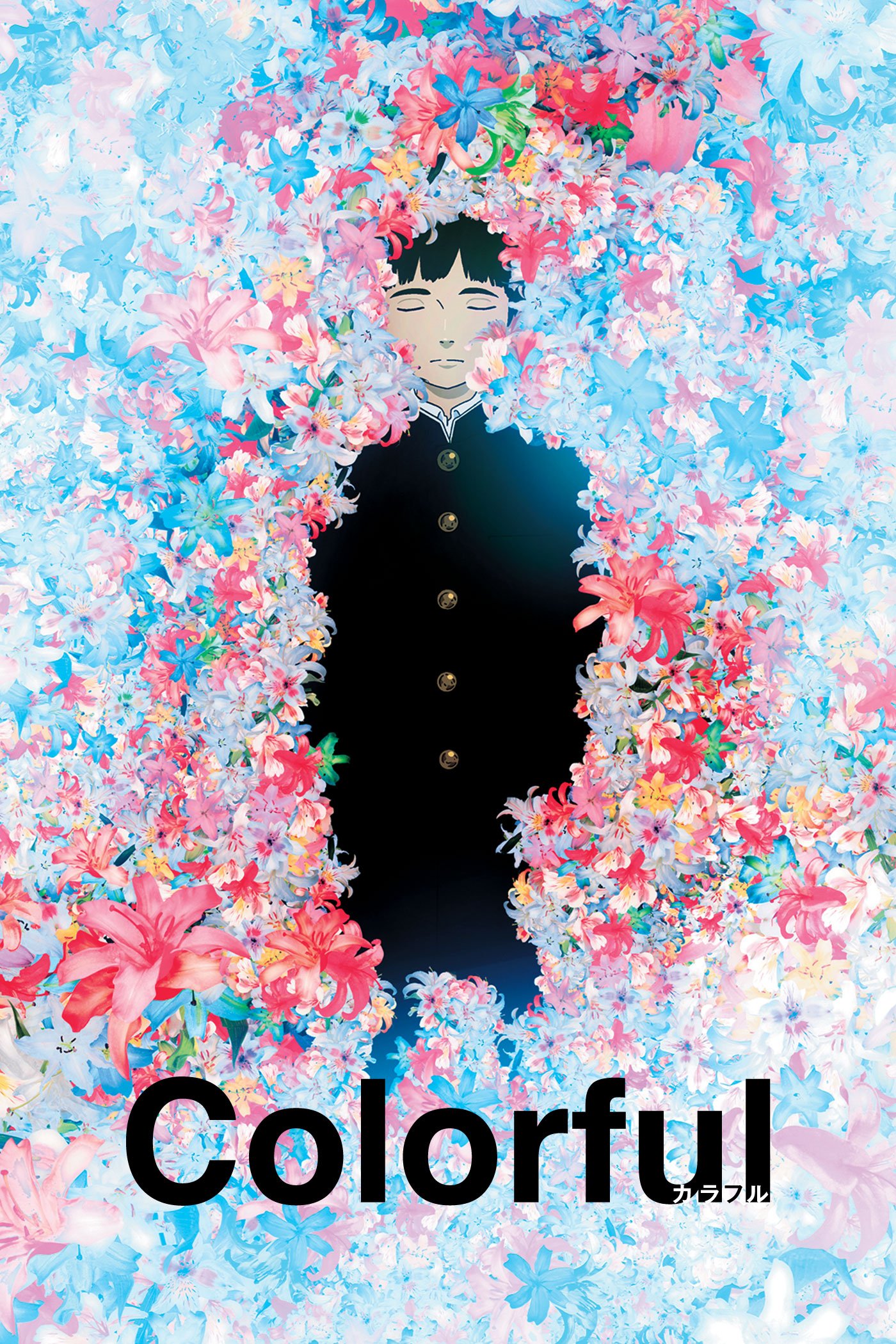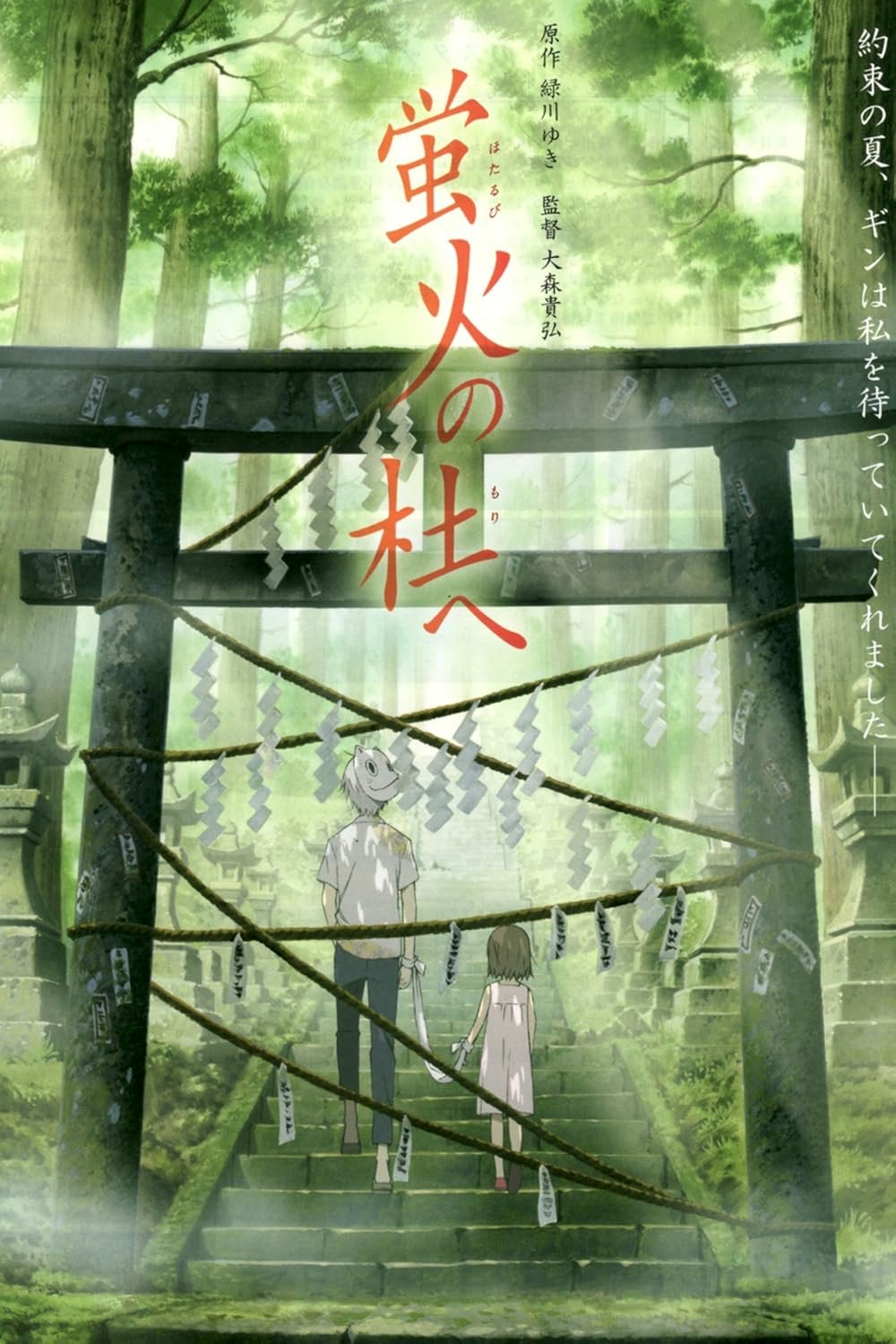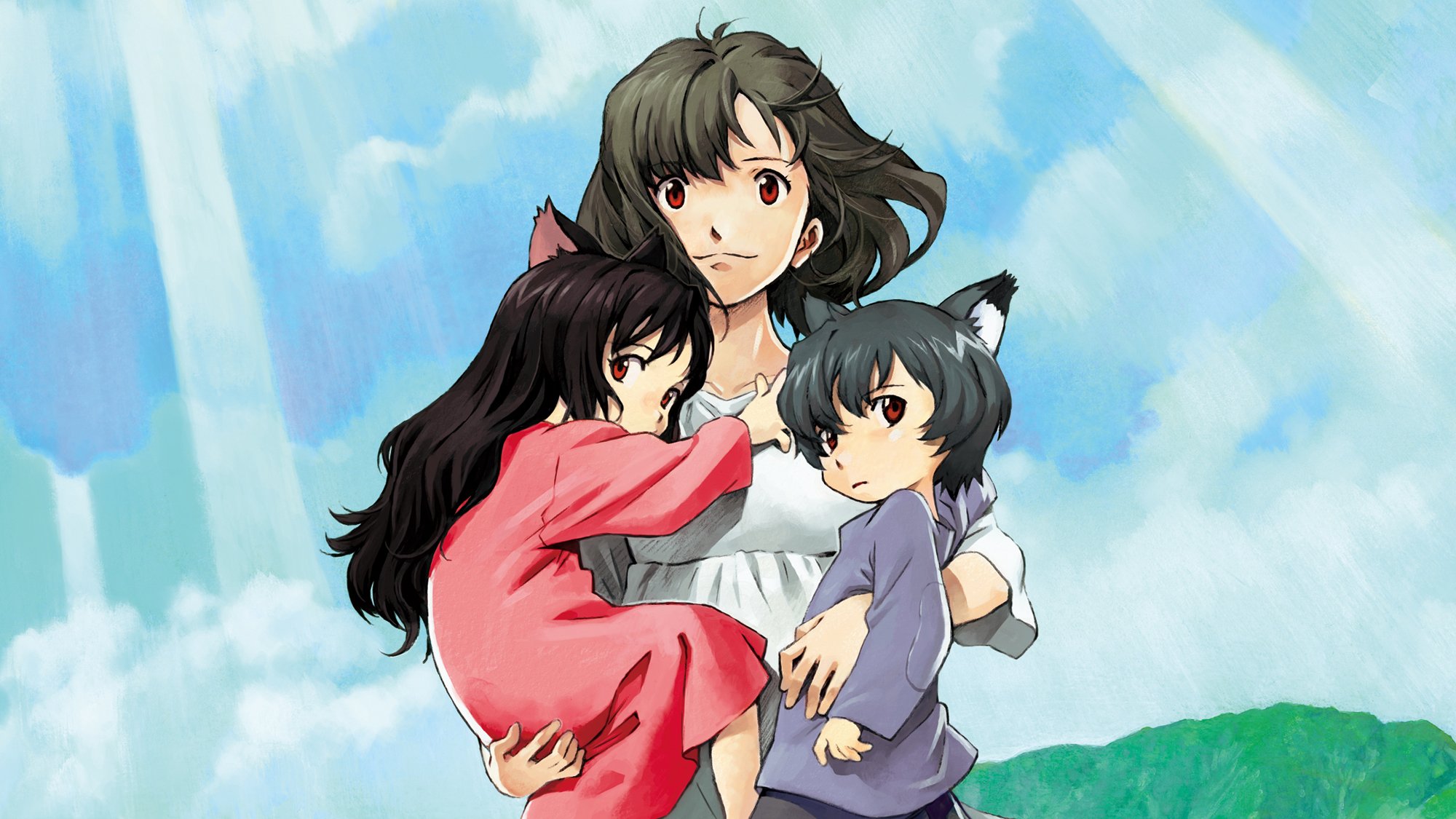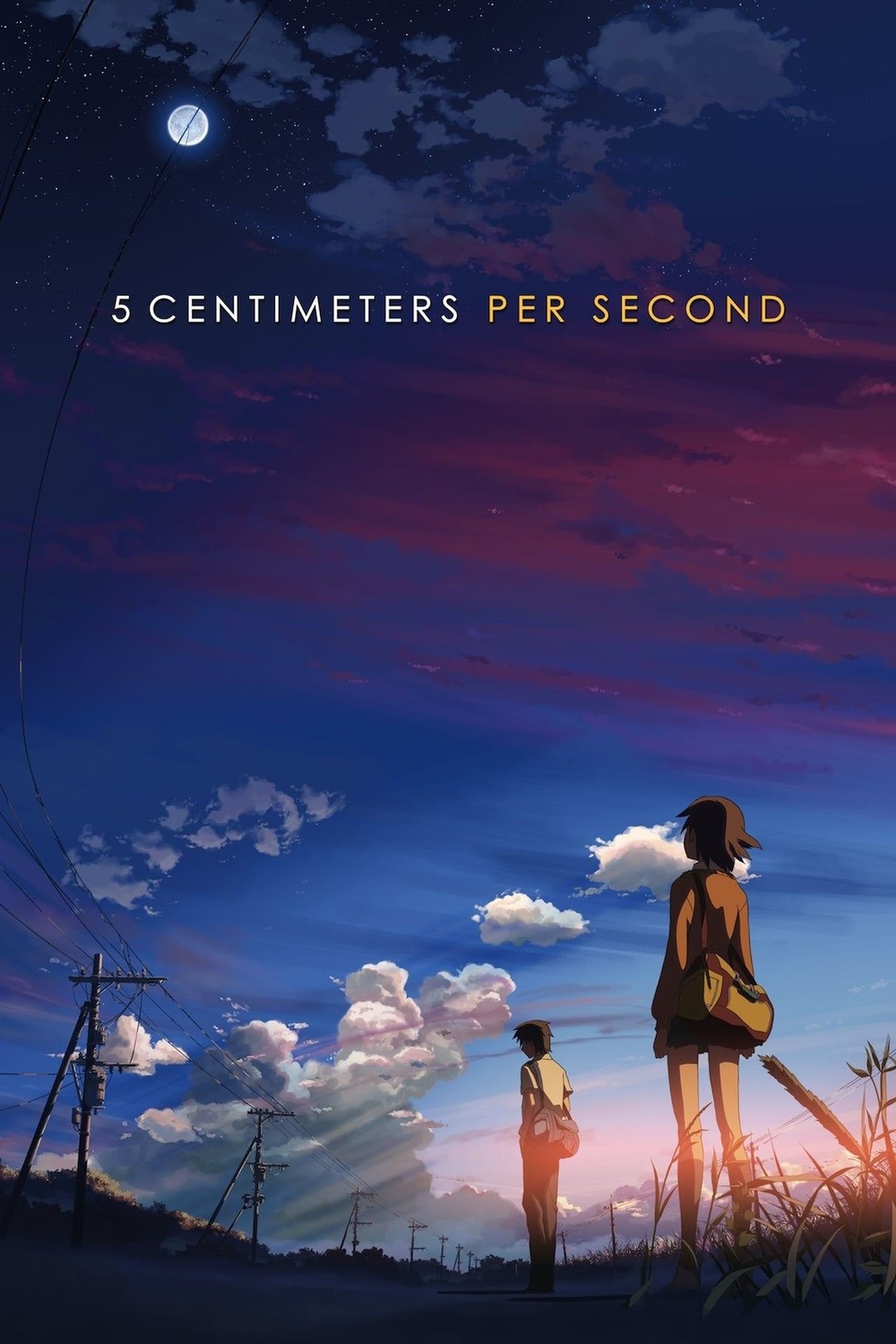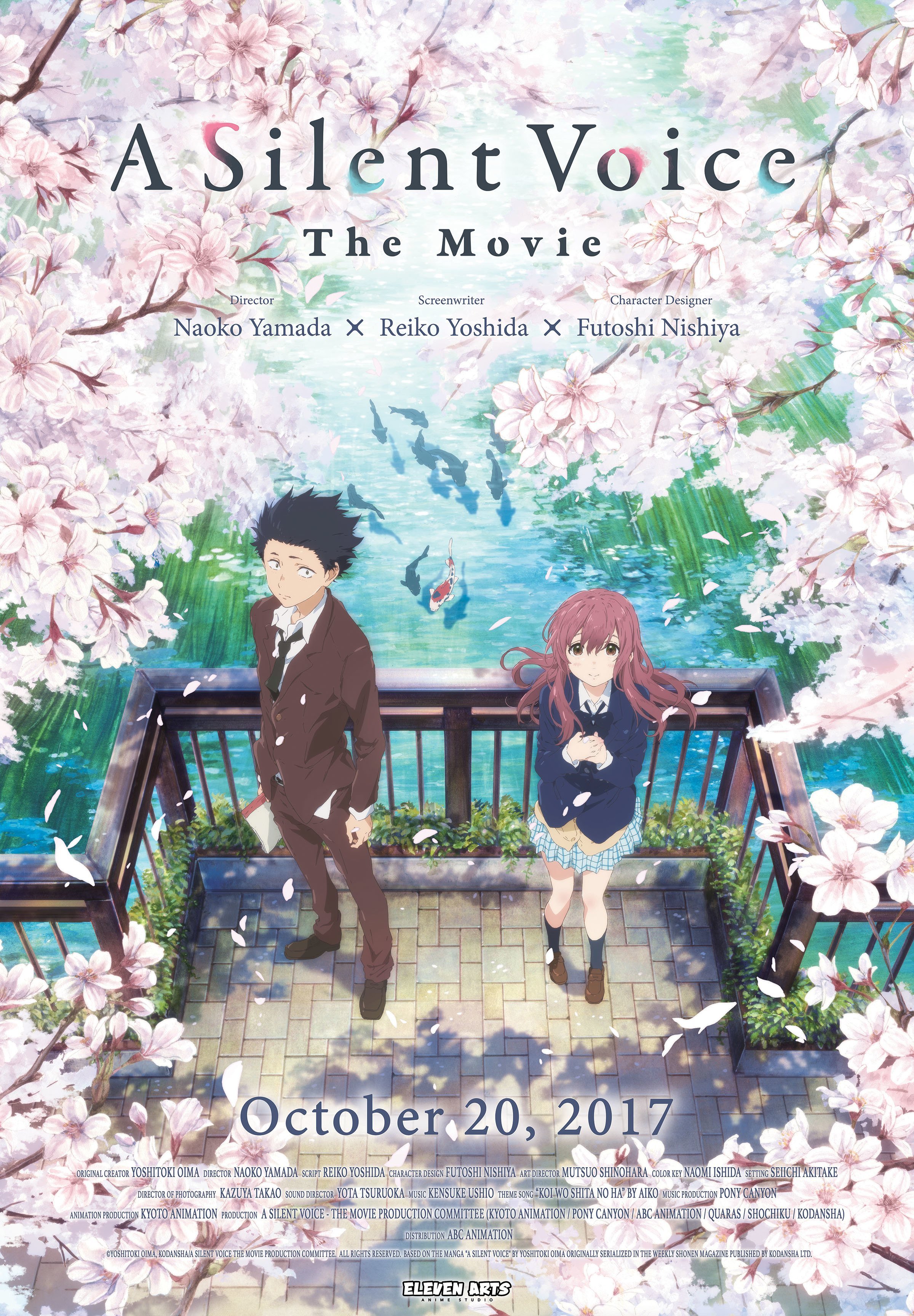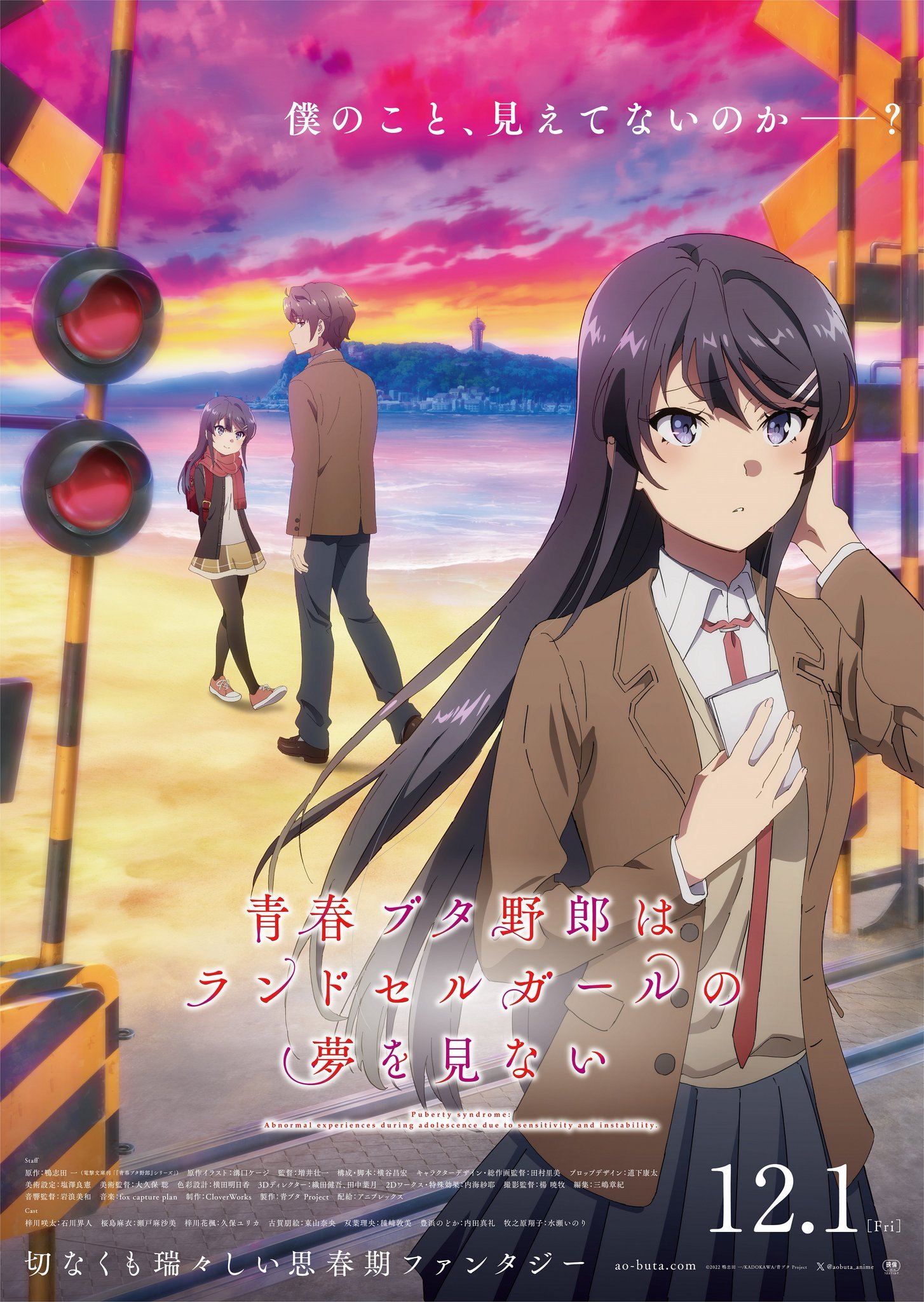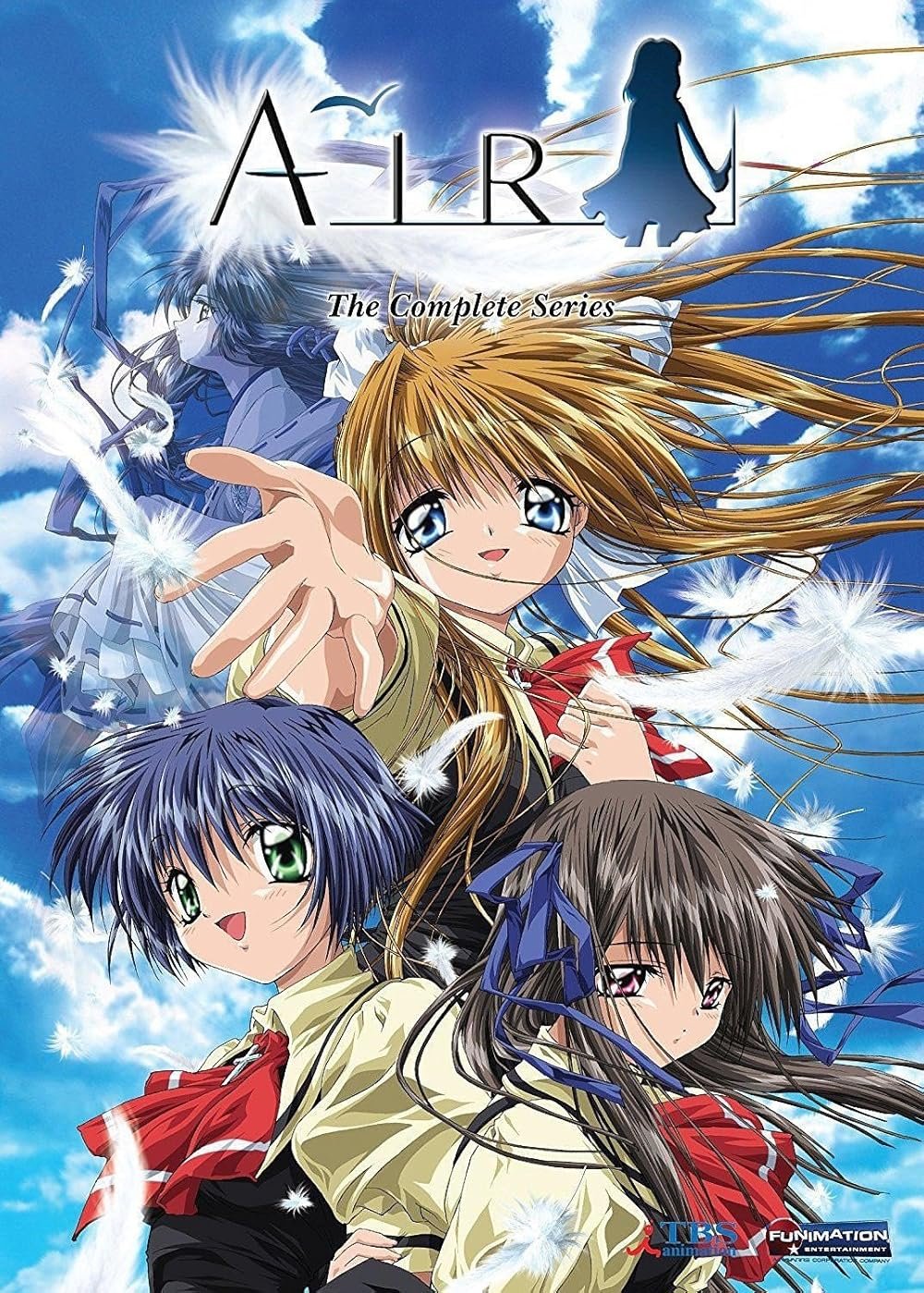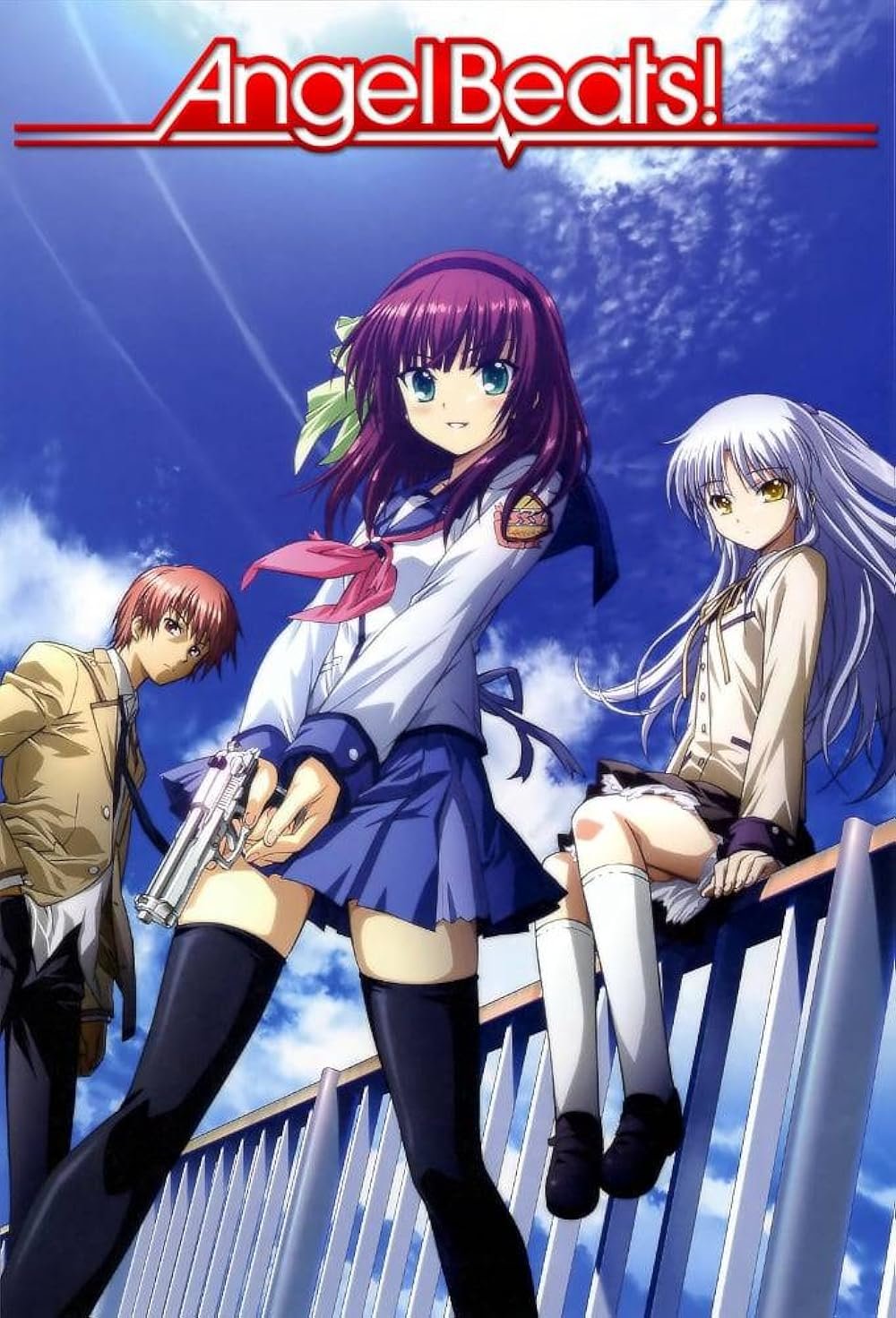Some anime sit with you long after the credits because they hit real feelings like grief, regret, and hope. This list counts down from #25 to #1, moving from quiet melancholy to the shows and films that leave many viewers in tears. You will find stories about loss, found family, and trying to move forward when life changes. The focus is on how each title earns its emotions, not on shock value or cheap twists.
Every pick here is widely discussed by fans for its emotional impact. A few use fantasy to talk about pain. Others stick close to daily life. Some are historical and show the cost of war. The details differ, but the core is the same: characters who feel human, choices that carry weight, and endings that stay with you because they are honest about love and loss.
25. Orange
Orange builds its sorrow around regret and second chances. Naho receives letters from her future self asking her to change small moments to save Kakeru, a new classmate carrying deep pain. The premise is simple, but each choice carries a quiet ache as the group tries to do better this time without erasing who they were.
What makes it sting is how normal everything feels. School days, club meets, walks home. Kakeru smiles, then drops his guard and you see the weight he hides. The series treats depression with care, showing how missed signs and silence add up. It asks friends to be present, even when they do not know the perfect words.
By the end, the letters are less a sci‑fi trick and more a mirror. The characters learn to speak aloud what they once kept inside. That shift from fear to connection is the point, and it lands because the show respects how hard it is to change. Small kindnesses matter, and here they can save a life.
24. Wolf’s Rain
Wolf’s Rain follows four wolves who can appear human as they search for Paradise in a dying world. Their journey is lonely and often violent, wrapped in cold cities and empty plains. The sadness grows from the idea that even hope has a cost, and that finding a promised place does not mean you can keep it.
The pack’s bond is the heart. Kiba’s drive, Tsume’s pride, Hige’s masks, Toboe’s innocence. Each carries wounds that the road reopens, and each gives something up along the way. The show’s refusal to grant easy safety makes every brief moment of warmth feel rare.
The ending is remembered for a reason. It is poetic, cyclical, and bittersweet, leaving viewers to sit with the thought that the world may reset but the yearning remains. That ache is the show’s true north. Some journeys are beautiful because they are brief.
Music and quiet frames do heavy lifting here. Long shots of snow and sky let the feeling settle, while the score underscores the pack’s fragile hope without pushing too hard.
23. Rainbow: Nisha Rokubou no Shichinin
Rainbow is set after the war and follows seven boys sent to a reformatory where they face abuse and dehumanization. Their bond with a kind mentor gives them a lifeline, but the system tries to break it. The cruelty is not sensational. It is grinding, showing how power can crush someone day by day.
The show is heavy because it lets good things take time. A small joke, a shared meal, a plan for tomorrow. These moments are not a cure, but they prove the boys are more than what was done to them. The series reminds you that dignity is a fight, and that friendship can be an act of defiance.
Later episodes move beyond the walls and ask whether freedom automatically heals. It does not. Scars remain, and some dreams cannot be recovered. Still, the promise the friends make to meet again gives the story its stubborn hope. Not all pain is avoidable, but no one should carry it alone.
Expect scenes that are tough to watch and victories that feel earned. Rainbow’s sadness is the slow kind that reflects real life, not a single tragic twist.
“We’ll laugh together again.”That line stays because it sounds simple yet costs so much to keep.
22. Tokyo Magnitude 8.0
This is a disaster story about two siblings, Mirai and Yuuki, trying to get home after a massive earthquake. A kind stranger, Mari, guides them through a city brought to its knees. The show is grounded, focusing on logistics, fear, and the human effort to keep moving when everything familiar falls apart.
The twist is famous, but the series earns it by staying gentle and practical until the truth hits. It shows how people process loss in stages, with denial protecting the mind before reality sinks in. The quiet pacing makes the reveal feel more like grief than a plot trick.
Scenes of shelters, blocked roads, and small acts of help give weight to the world. It treats first responders and neighbors with respect. In the end, what remains is the love between siblings and the steady care of a stranger who becomes family. Kindness is the bridge back to life.
Also Read
10 phrases that sound supportive but are actually a subtle sign of manipulation
21. Colorful
Colorful starts with a lost soul given a second chance in the body of a boy who tried to die. The goal is to remember why and to decide if life is still worth living. It is a slow, human story about messy families, shame, and the small truths we avoid because they hurt.
The film does not preach. It watches. It sees how a parent’s silence can be read as indifference and how a classmate’s choices are more complicated than rumors. The sadness comes from recognizing how easily we misread each other, and how much grace it takes to start again.
The ending is warm but not neat. Understanding the past does not erase it. It only opens a path to move forward with eyes open. That is why the final scenes feel earned. Life gets color back one shade at a time.
A restrained score and everyday settings keep the film grounded. A simple lunch, a walk, a train ride become steps toward a more honest self.
Also Read
10 Phrases That Sound Supportive But Are Actually a Subtle Sign of Manipulation
20. Hotarubi no Mori e
Hotarubi no Mori e tells a summer tale about Hotaru and Gin, a forest spirit who will vanish if a human touches him. They meet each year, talk about little things, and dream about a future they cannot share. The story is short, tender, and built on the ache of distance.
Every scene leans on restraint. They stand close but never close enough. They joke to hide what they both know. The festival near the end turns hope into heartbreak in a single moment. It is simple, direct, and devastating, because the rule was always there. Some lines cannot be crossed.
The film lingers on leaves, cicadas, and slow paths through the woods. That gentle pace makes the final minutes hit harder. What remains is gratitude for the time they had, even if it was brief. Love can be real even when it cannot last.
“Don’t come closer.”Few words, huge weight. The story says the rest in silence.
The last image stays with many viewers because it captures both loss and a kind of peace. It hurts, but softly.
Also Read
People With Low Emotional Intelligence Often Miss These 6 Social Cues
19. Wolf Children
Wolf Children starts with a romance and becomes a story about parenthood. After the father dies, Hana raises two kids who are both human and wolf. The film follows years of scraped knees, snow days, and choices about where each child belongs. The sadness comes from letting go so kids can become themselves.
Hana’s strength is quiet. She learns plumbing from manuals, faces storms alone, and smiles even when she is scared. The film respects the work of caregiving and the loneliness that can come with it. Each child’s path pulls the family in different directions, and that tension is the heart.
The ending is bittersweet. One child chooses the mountains, the other the classroom. Both choices cost something, especially for Hana, who gave everything to keep them safe. The film closes on acceptance, honoring a love that holds without holding back. Growing up is also a parent’s journey.
18. 5 Centimeters per Second
5 Centimeters per Second is about distance. Trains run late. Phones go unanswered. Two people who care deeply drift apart because life moves and no one can stop it. The film shows how small delays become years, and how nostalgia can blur into self‑deception.
Also Read
8 Weird Habits You Don’t Realize You Have From Growing Up In A “We Can’t Afford It” Household
Its sadness is quiet. The snow, the waiting, the letters that come after they are useful. There is no villain here, only time. The final crossing scene speaks without words, asking whether closure is real or something we make to feel okay. Sometimes there is no right person, just a right moment that passed.
The music and sky shots build a mood that many viewers recognize from their own lives. It is the pain of the almost, the what‑if. The film leaves you with a gentle ache and a wish to make the next train. That small urge is its gift, and its lesson.
“We thought we could keep up with the pace of life.”The truth is we rarely can.
17. A Silent Voice
A Silent Voice faces bullying, guilt, and suicide with care. Shoya, once a bully, tries to make amends with Shoko, a deaf girl he hurt. The story follows his slow work to fix what he broke and to forgive himself. It shows how apologies are a start, not a finish.
The film’s hardest scenes ask you to sit with shame. Friends distance themselves, blame shifts, and silence grows heavy. Shoko’s pain is not reduced to a lesson for others. She is a full person with needs, humor, and agency. That nuance is why the film resonates. Healing is mutual; both teens need it.
Also Read
10 Phrases That Sound Supportive But Are Actually A Subtle Sign Of Manipulation
The climax around the bridge and the hospital is intense but handled with sensitivity. The closing scenes do not promise a perfect future, only an honest one. The final gesture of Shoya opening himself to the world is small yet huge. It is the first step to real connection.
Sign language, sound design, and framing bring you into Shoko’s experience. The film uses technique in service of empathy, and it works.
“Can you see my face now?”A simple ask, loaded with hope.
16. Rascal Does Not Dream of a Dreaming Girl
This film continues the series with a focus on Shoko and choices that ripple across time. Illness, sacrifice, and alternate outcomes test Sakuta and Mai. The sadness stems from roads where someone must lose something precious so another can live.
It balances teen romance with heavy stakes without losing the characters’ dry humor. When the story turns, it does so to protect love, not to shock. The emotional core is the idea that no version of events is free from cost, and that living with a choice is part of growing up.
Also Read
8 Cringey Phrases Older Relatives Use at Family Dinners That Younger Guests Dread
The resolution aims for mercy. It does not erase pain but lets each person move forward with clearer hearts. Fans remember it for a mature look at commitment under pressure. Keeping a promise can mean changing yourself.
15. Air
Air adapts a visual novel into a summer dream about curses, memory, and cycles. Misuzu’s frail health and bright spirit anchor the story, while past lives echo through crows, beaches, and the word “gao.” The mood is airy and then suddenly heavy, a drop that catches many off guard.
The sadness comes from inevitability. The more bonds grow, the closer the end feels. The show does not shy away from that. It lets the sky stay beautiful while the ground gives way. The final episodes are quiet and crushing in equal measure. Some summers never end because they never fully heal.
Music is key. The main theme turns scenes into memories as they happen, so you feel the loss while the moment is still alive. That trick gives Air its lasting ache and its identity.
“To the sky.”It sounds like freedom and goodbye at the same time.
